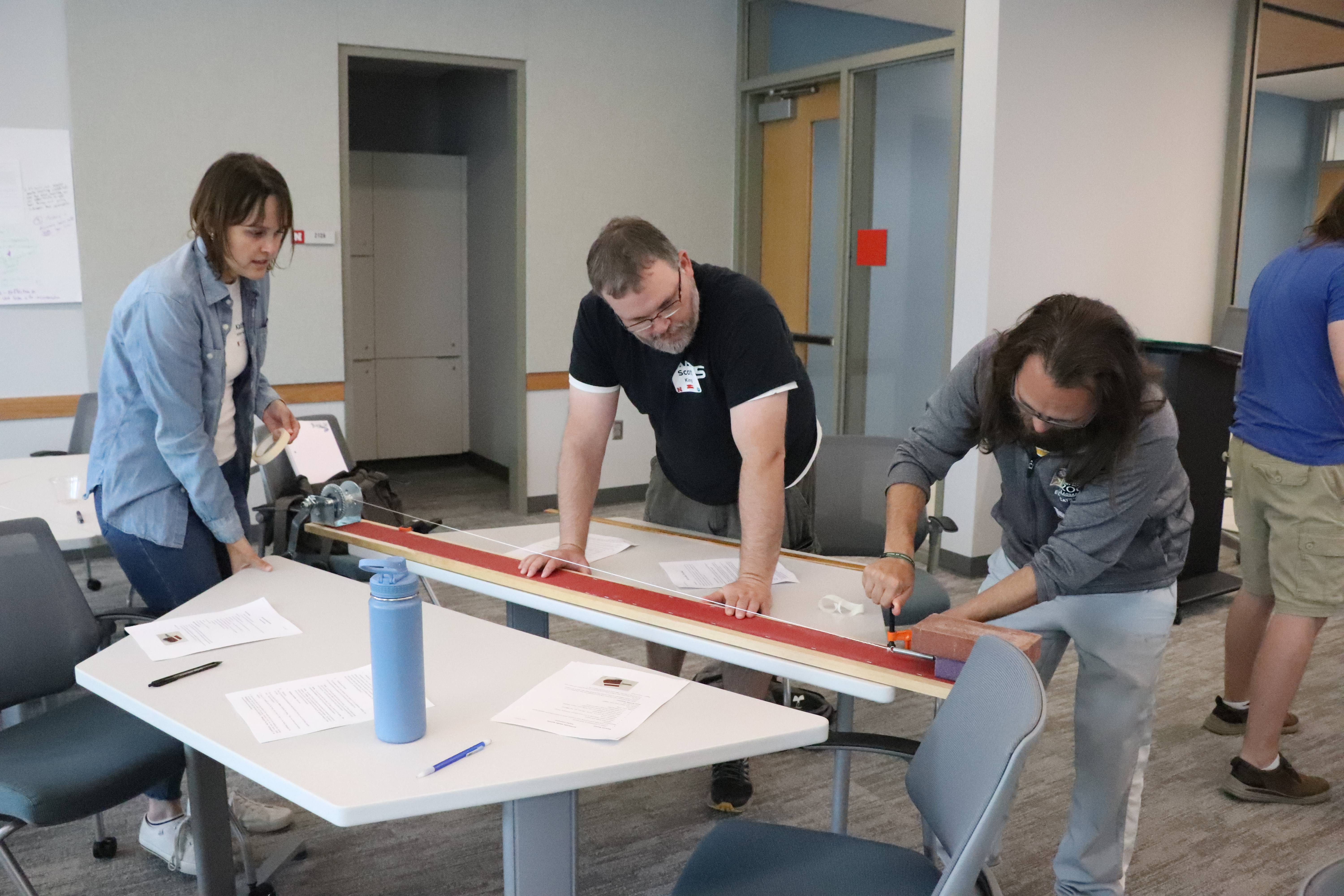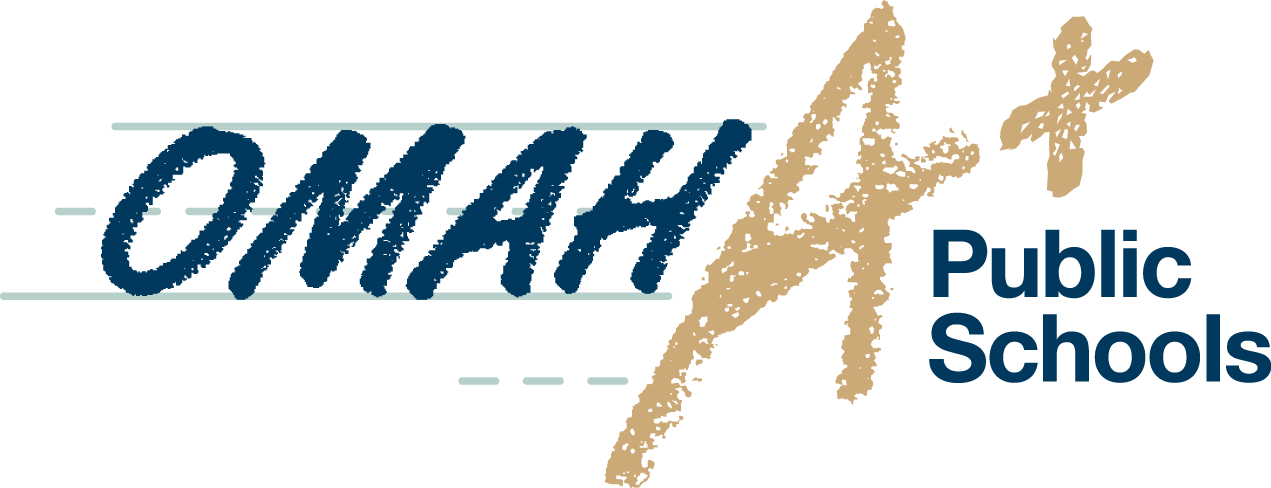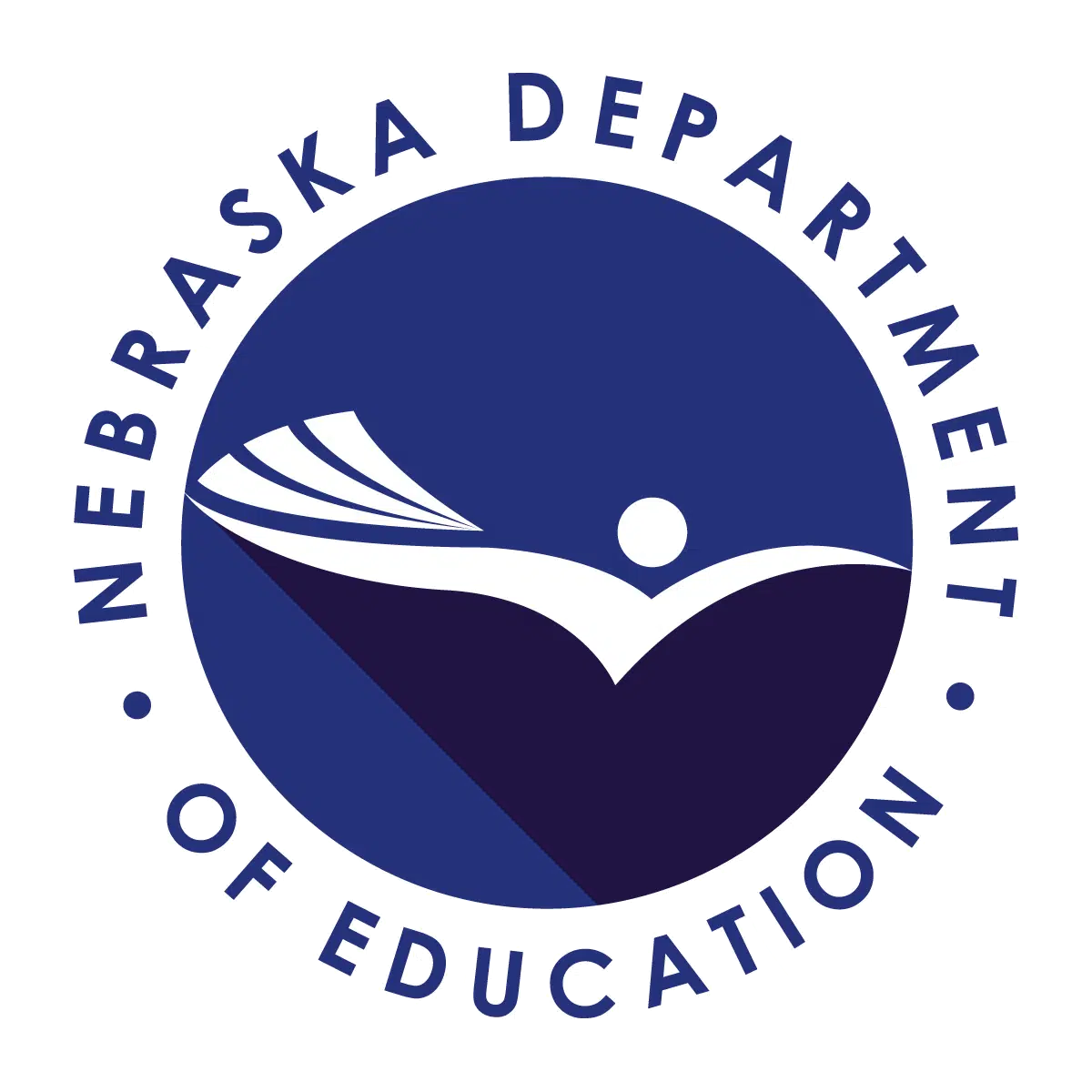The Noyce Master Teaching Fellows Program is designed to strengthen science education in Nebraska by developing science teacher-leaders through an educational specialist (Ed.S.) degree program and ongoing professional development (PD) activities, including a leadership project, National Board Certification (NBC), and development of a statewide science teacher PD network. The project will be led by an experienced, professional, and interdisciplinary science, science education, and leadership education team at the University of Nebraska-Lincoln (UNL) in partnership with two lead high-need school districts (Lincoln and Omaha Public Schools), one lead rural school district (Grand Island Public Schools), the Nebraska Association of Teachers of Science (NATS), and the Nebraska Department of Education (NDE).
This project will address four NATS- and NDE-identified critical needs in the state:
1.
Retaining mid-career science teachers in high-need schools.
2.
Fostering high-quality secondary science teaching.
3.
Promoting strong subject matter knowledge (SMK) for teaching secondary science.
4.
Adapting 7-12 science curriculum to Next Generation Science Standards (NGSS) three-dimensional and phenomenon-based learning.
Teachers must have access to ongoing, high-quality PD and learning opportunities in their discipline. With such opportunities, teachers can engage in life-long career development to refine their instructional practices, teach for scientific literacy, and be strong advocates of science education.
Program Activities
Educational Specialist (Ed.S.) Degree
MTFs will complete coursework for an Ed.S. degree in science education leadership.
Project in Science Teacher Leadership
Building upon science teacher leadership, MTFs will complete an applied capstone project. The final product will be a professional leadership portfolio that includes a written report and presentation of a final completed leadership project.
National Board Certification
As of 2021, Nebraska had less than 10 National Board Certified secondary science teachers. Noyce MTFs will be supported through peer-led workshops to complete their certification, which could triple the number of certified secondary science teachers in the state and inspire broader impacts on professional development.
Build a Statewide Science Teacher PD Network
MTFs will work with the NATS executive board and NDE science specialist to develop an innovative and sustainable platform to support the statewide science teacher network.
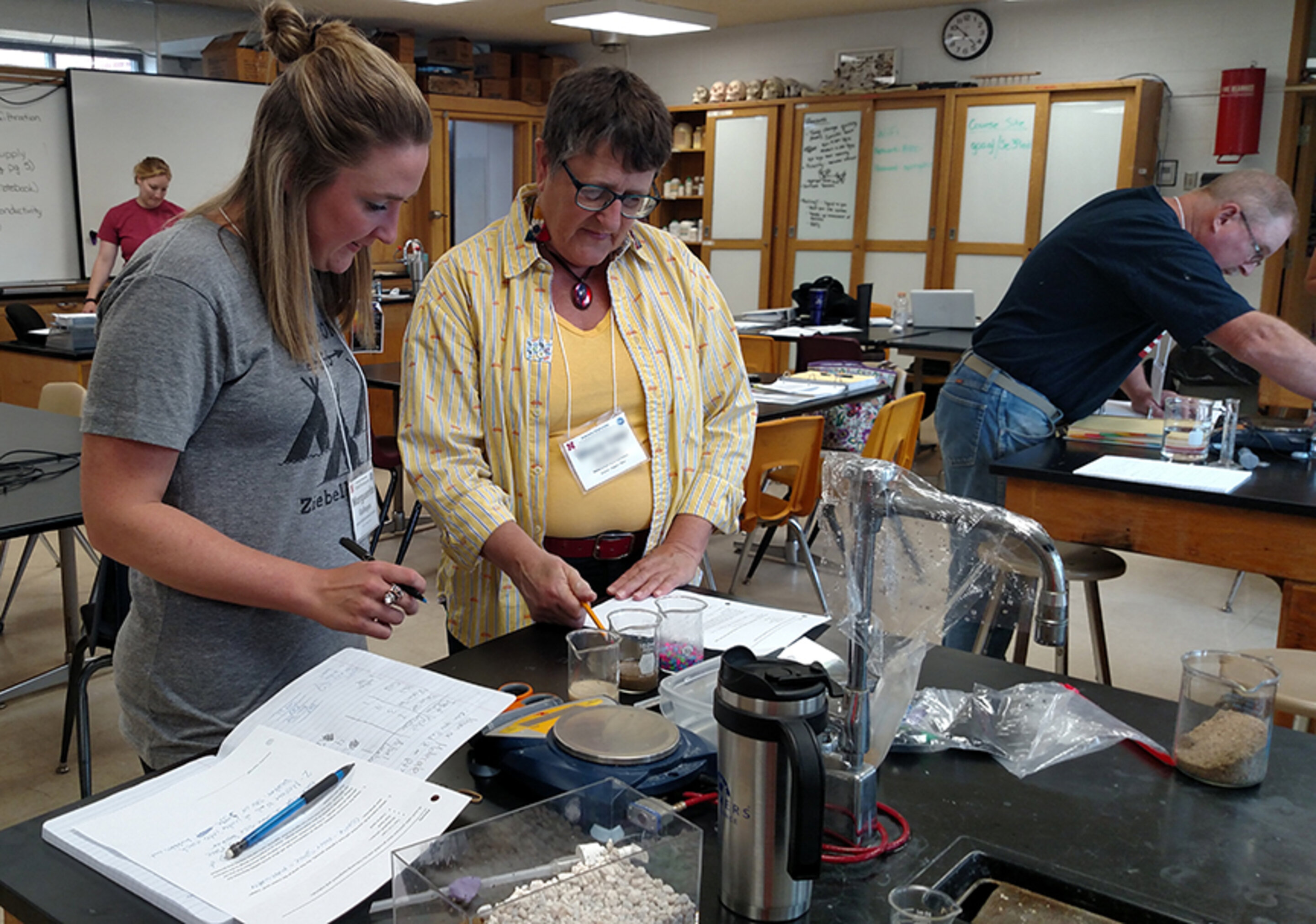
Project Partners
Research Team
Beth Lewis
Principal Investigator
elewis3@unl.edu
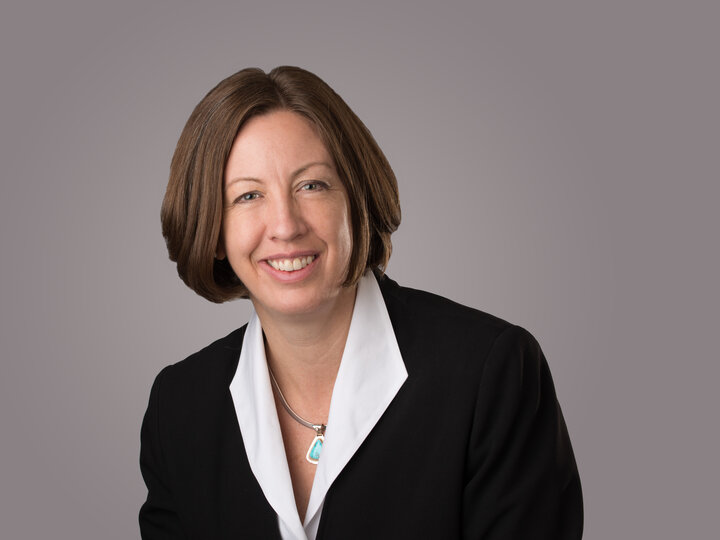
Wendy Smith
Co-Principal Investigator
wsmith5@unl.edu
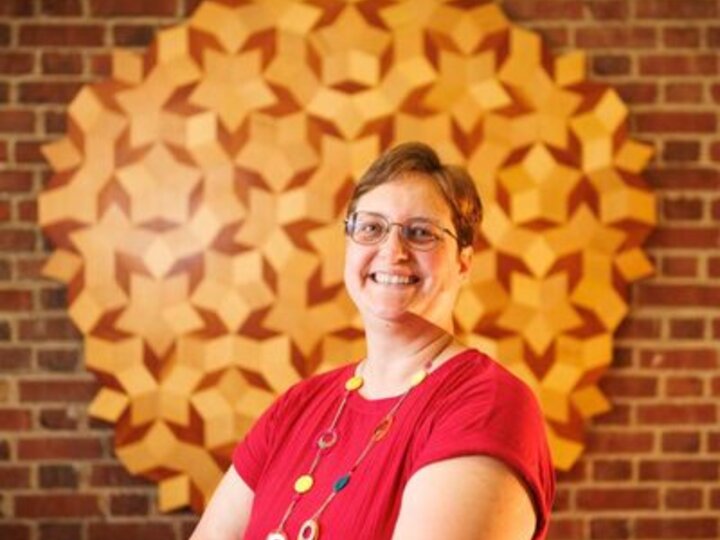
Dan Claes
Co-Principal Investigator
dclaes@unl.edu
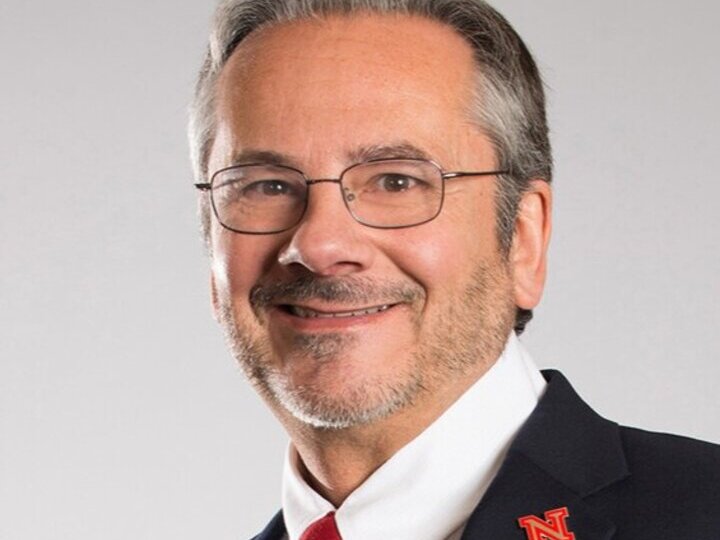
David Harwood
Co-Principal Investigator
dharwood1@unl.edu
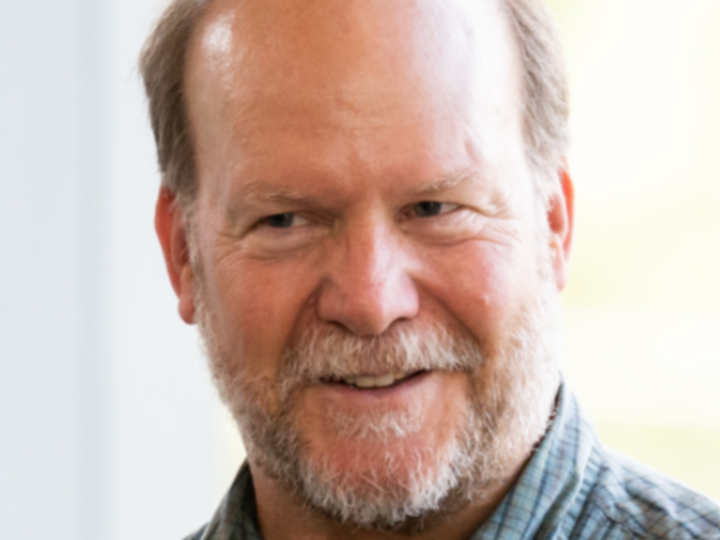
Gina Matkin
Co-Principal Investigator
gmatkin1@unl.edu
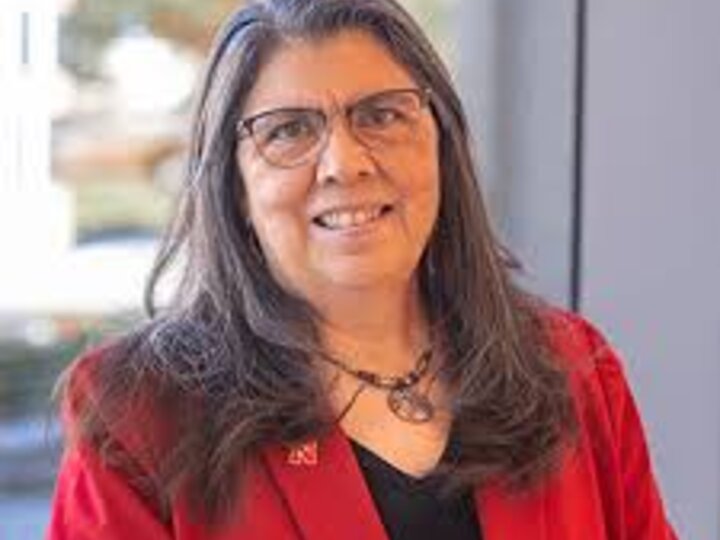
LJ McElravy
Co-Principal Investigator
lj.mcelravy@unl.edu
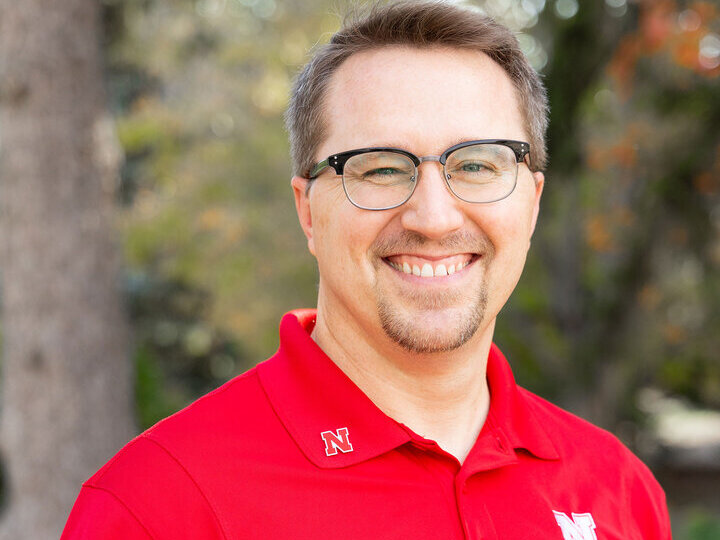
Elizabeth Hasseler
Postdoctoral Associate
ehasseler2@unl.edu
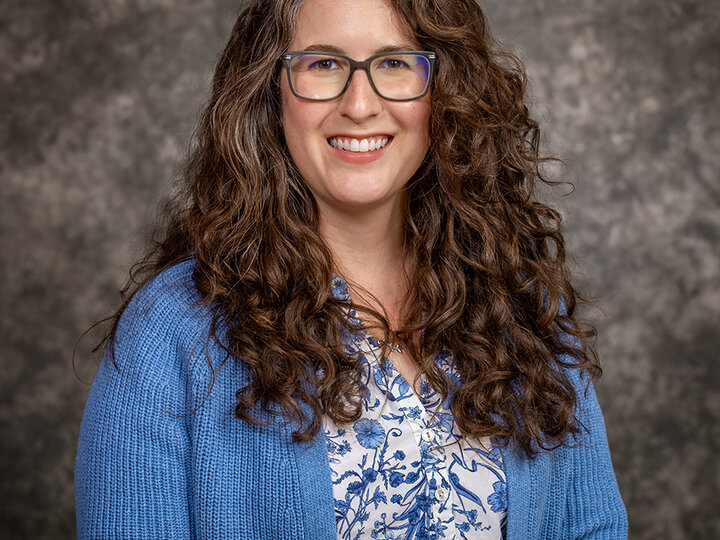
Rachel Benzoni
Graduate Research Associate
rachel.benzoni@huskers.unl.edu

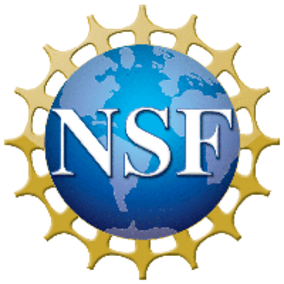
The project, “Meeting the Needs of Diverse Students through a Next Generation of Science Teacher Leadership,” has been established by the Department of Teaching, Learning, and Teacher Education thanks to the Robert Noyce Teacher Scholarship Track 3 grant awarded by the National Science Foundation. This material is based upon work supported by the National Science Foundation under Grant No. DUE-2050650.
